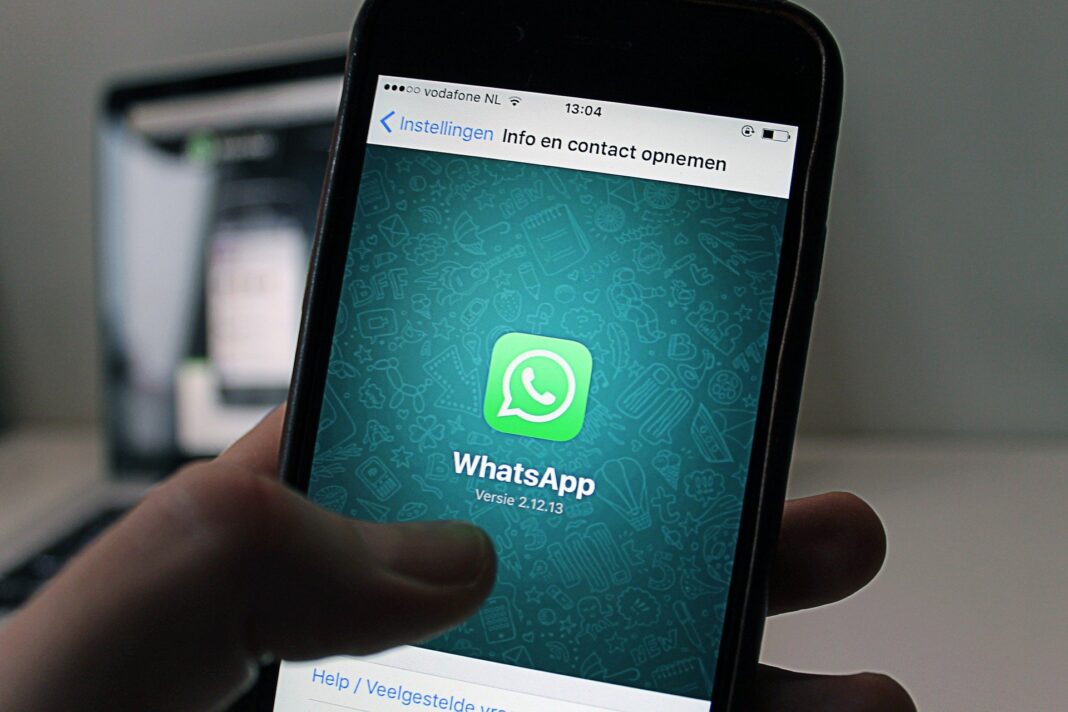By: Domen Mezeg / Nova24tv
The Taliban used Twitter and WhatsApp extensively when occupying Kabul. Namely, jihadists use social media platforms to inform the Afghan population. How hypocritical: online giants, on the one hand, offer space to terrorists and, on the other, still block Donald Trump.
The Taliban use social networks to spread their propaganda and establish control over Kabul. They also used them over the weekend to invade the Afghan capital. Taliban spokesman Zabihullah Mujahid tweeted on Monday that residents welcomed the Taliban and that “the situation in Kabul is under control”. The jihadist organisation, however, used WhatsApp to send a similar message to Kabul residents upon entering the city, reports The Washington Free Beacon.
In recent days, Taliban leaders have been distributing WhatsApp numbers that Afghan regime officials or soldiers can call and negotiate their surrender. It is known that in the weeks following the withdrawal of American troops by Joe Biden, the Taliban flooded Afghanistan and occupied major cities without much resistance. The Pentagon sent an additional thousand troops to Afghanistan on Sunday to help with the evacuation when Americans and Afghans literally flooded Hamid Karzai International Airport in Kabul.
The Taliban have used online platforms such as Twitter and WhatsApp for a number of years to inform the public, but the use of the platforms has risen sharply in the past week. WhatsApp was used to announce new rules for Kabul residents. On Monday, Mujahid tweeted a warning against the robbery and unauthorised intimidation of Afghan officials. The Taliban “Appeals Commission” published WhatsApp numbers so that city residents could call them if they faced any “threats”.
The Taliban regularly report news through online platforms
They also set up an emergency call system through the app. Twitter and Facebook, which own WhatsApp, have regularly blocked ISIS members from accessing their platforms. However, the websites appear to allow the Taliban to deliver messages without difficulty. A Twitter spokeswoman said that they “proactively remove content that violates their rules of use”. But as Twitter shows, the Taliban and their behaviour are not perceived as a “threat and incitement to terrorism,” which is interesting.
Facebook, however, said it would take action against the accounts run by Afghan groups subject to sanctions, but declined to comment on specific cases. Several Taliban spokespersons have managed Twitter accounts for years and regularly report news related to negotiations and regional battles. Photos and videos from the front lines are often posted on the accounts, which are then copied and shared by Taliban-friendly accounts on this platform. Of particular significance, however, is the fact that only 15 percent of Afghans have access to the Internet.
Hypocrisy without borders: online giants still block Trump and allow terrorists to use their platforms
Therefore, it seems extremely hypocritical that the already mentioned platforms have not sanctioned and offer space to a terrorist organisation for years, and on the other hand, they have dared to close the accounts of former US President Donald Trump. There is talk of the “erasure” of the American president and of an extreme left-wing “culture of exclusion” that has trapped not only the United States but the entire Western world. Many world politicians have been appalled by the move by the online giants. Millions of Trump’s opponents and enemies, however, experienced real ecstasy from their enthusiasm for this controversial move by the technology giants (Big Tech). And Trump is still blocked, which is plain hypocrisy.

